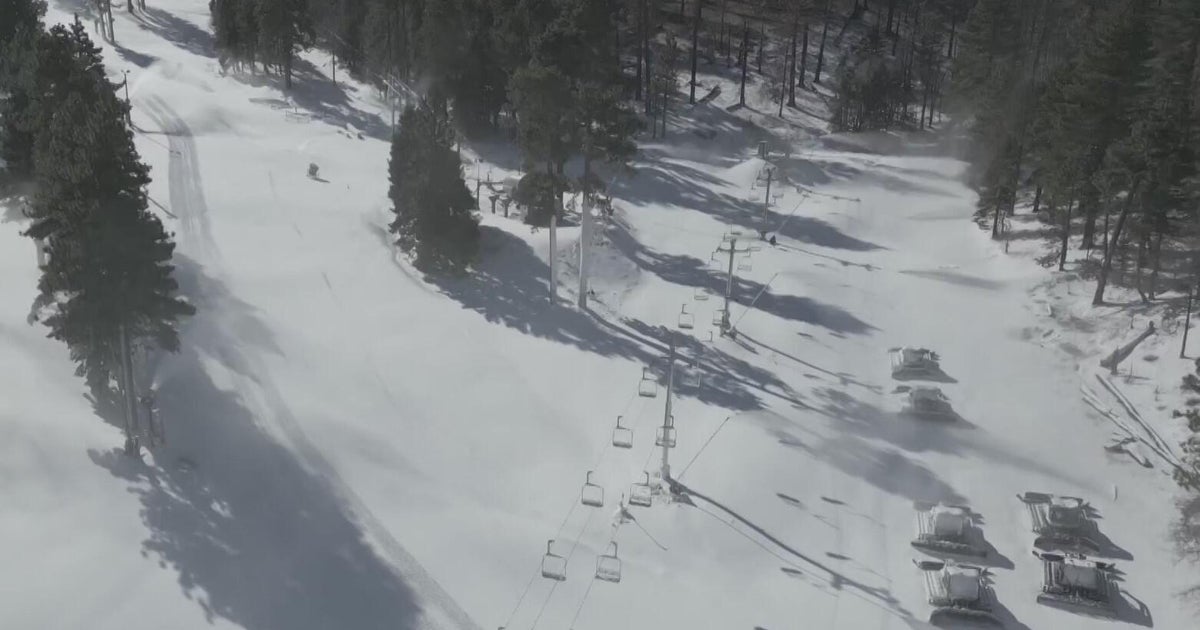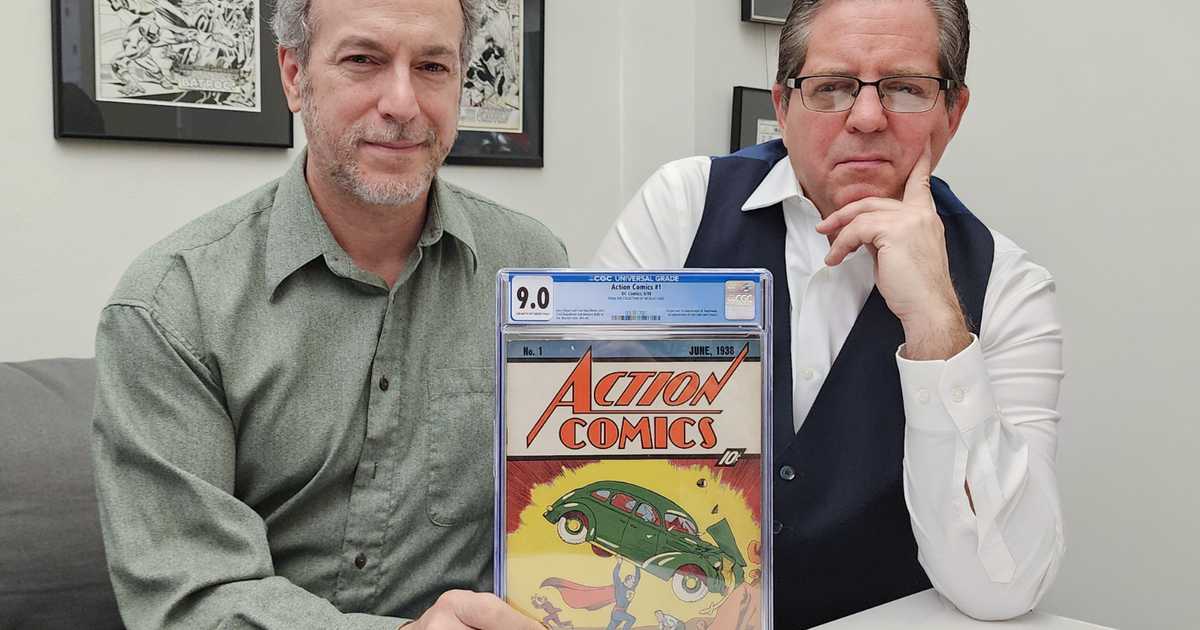Movie Review: ''Dr. Seuss' The Lorax''
By Bill Wine
KYW Newsradio 1060
The Lorax does see the forest for the trees. Only there are no trees.
That's the green-with-envy situation that we find ourselves in the environmental cautionary tale, Dr. Seuss' The Lorax, a big-screen adaptation of the 1971 children's book, The Lorax, by Dr. Seuss (otherwise known as Ted Geisel).
When children's book author Dr. Seuss comes to the movie screen, results can be delightful (Horton Hears a Who!), respectable (How the Grinch Stole Christmas), or atrocious (The Cat in the Hat).
In the case of the fourth such Seussian undertaking, Dr. Seuss' The Lorax -- fully computer-animated, as was Horton, but the first to be available in 3-D as well -- it belongs in the middle category.
It's a deforestation fable about the effects of industrialized society on the environment.
Zac Efron provides the voice of Ted, a 12-year-old living in the artificial city of Thneed-ville -- where fresh air is something you find in purchased bottles, and dead tree stumps abound -- who is in search of the one thing that will win him the affection of Audrey, the girl he pines for, voiced by Taylor Swift.
That would be a real tree, something that hasn't been seen in Thneed-ville in a long time because an industrial business mogul (Rob Riggle) who just happens to be the mayor has found it profitable to do away with oxygen-producing trees and then sell bottled clean air to folks who cannot otherwise get any.
So Ted, at first just trying to impress his lady love but eventually motivated by something more urgent, sets out to find a seed, encouraged by his nervously protective mother (Jenny Slate) and his feisty grandmother, voiced by the ubiquitous Betty White.
His search leads him to the Once-ler, a reclusive creature voiced by Ed Helms, who proceeds to tell Ted the tale of an orange, mustachioed environmentalist known as the Lorax, an optimistic guardian of the forest who "speaks for the trees" and sounds suspiciously like Danny DeVito.
The Once-ler was once an aspiring entrepreneur. When he introduced an invention emerging from tufts of the local trees, hoping to chop down trees in the name of profits, it led not only to depletion of the forest but to the eventual isolation of the town.
And as his selfishness evolves into selflessness, Ted comes to discover that Thneed-ville is actually closed off from the outside world.
Maybe there's something that Ted, all by his lonesome, can do about that.
Directed by Chris Renaud (Despicable Me) and executive produced by Seuss's widow, Audrey, The Lorax is a relatively modest animated undertaking, expanding on the book's central concept, adding a few new characters and about as many musical numbers, and juggling the sweet, the silly, and the serious.
The ecology-themed script by Ken Daurio and Cinco Paul, who also co-wrote the screenplay for Despicable Me and scripted Horton Hears a Who!, is ever-so-slightly on the preachy side -- although it might be mentioned that it's apparently preachy enough to become a bit of a political football among pundits -- starts off with a Seussian rhyme and then segues into regular spoken dialogue.
As is the Seussian wont, this story is a combination of gentle absurdism, common-sense philosophy, and a hopeful reminder about the way individuals can, if they so desire, change the world.
This one's for the young 'uns, offering a few magical moments and a responsible, anti-greed message.
So we'll go out on a limb and say 2½ stars out of 4 for the rambunctious and fanciful but gentle family fantasy, The Lorax, as Dr. Seuss barks up the right tree.







